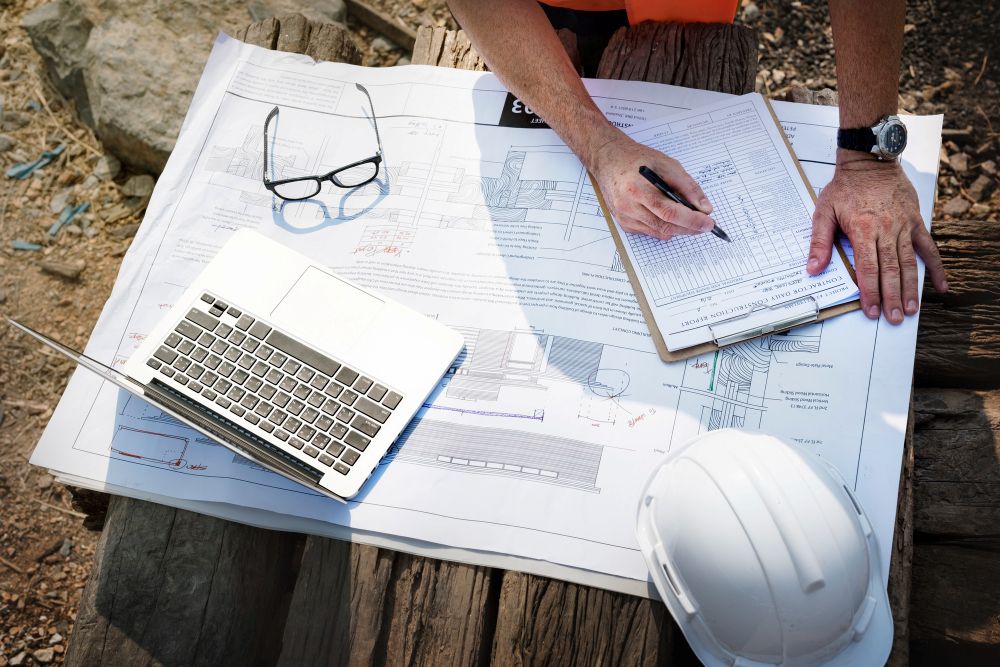The Intertwined Challenges of Housing and Waste
The global landscape is marked by two pressing challenges: a growing need for adequate and affordable housing, particularly in urban centers, and an escalating crisis of waste generation and management. Traditionally, these issues have often been addressed in silos, with housing development focusing primarily on providing shelter and waste management tackling the aftermath. However, a more sustainable and efficient future demands that we recognize the deep interconnectedness of these challenges and adopt integrated approaches in our planning and design strategies.
Integrated Planning: Designing Housing with Waste in Mind
Smart planning acknowledges that the way we design and locate our housing directly impacts waste generation and the efficiency of waste management systems:
- Strategic Location and Density: As populations concentrate in urban areas, integrated planning suggests that higher density housing in strategically chosen locations can optimize waste collection routes and make waste infrastructure more efficient. This approach, as discussed in resources on sustainable residential development waste management strategies, reduces the environmental impact associated with transportation and infrastructure sprawl.
- Mixed-Use Developments: Integrating residential areas with commercial and community spaces, a hallmark of good urban planning, also has implications for waste management. Diverse land uses can lead to varied waste streams that might be more efficiently managed collectively, potentially supporting local recycling or composting initiatives.
- Proximity to Waste Management Facilities: Thoughtful urban planning considers the proximity of residential developments to waste management facilities. While NIMBY (Not In My Backyard) sentiments often arise, strategic placement, coupled with well-designed and environmentally sound facilities, is crucial for efficient waste processing and can even foster opportunities for resource recovery.
Innovative Housing Design for Waste Reduction and Management
The design of individual homes and residential buildings plays a vital role in facilitating waste reduction and management:
- Space Allocation for Waste Sorting and Storage: Modern housing design should incorporate dedicated, accessible spaces for residents to sort their waste into different streams (e.g., recyclables, compost, general waste). This is a fundamental aspect of designing for waste reduction in housing, making it easier for households to participate in recycling programs.
- Built-in Composting and Recycling Systems: Innovative designs can go beyond simple space allocation to include built-in systems for composting organic waste or facilitating the collection of recyclables within individual units or at the building level.
- Materials Selection for Reduced Waste: Architects and developers can significantly impact waste generation by prioritizing the use of durable, recyclable, and low-waste materials in construction. As highlighted by BRANZ, selecting materials with consideration for their lifecycle can minimize both construction and demolition waste.
- Design for Deconstruction and Circularity: Embracing the principles of the circular economy in residential development means designing buildings with their end-of-life in mind. Using modular construction techniques and easily separable materials allows for deconstruction rather than demolition, enabling the reuse and recycling of building components.
Community-Level Solutions and Infrastructure
Addressing waste management effectively in residential areas often requires community-level solutions and infrastructure:
- Communal Waste Collection and Sorting Facilities: Designing shared, well-maintained facilities within residential complexes or neighborhoods can encourage proper waste management practices. These spaces can include clear signage and designated bins for different waste streams.
- Smart Waste Bins and Collection Systems: Technology can play a crucial role at the community level. Smart waste bins that monitor fill levels and communicate with collection services can optimize routes and reduce unnecessary trips, as discussed in resources on community-based waste management in residential areas.
- Local Composting and Resource Recovery Initiatives: Integrating community gardens with composting programs or establishing local resource recovery centers within residential areas can foster a sense of ownership and encourage more sustainable waste practices.
Policy and Collaboration: Driving Integrated Solutions
Realizing the vision of integrated housing and waste management requires supportive policies and strong collaboration:
- Building Codes and Regulations: Governments can play a crucial role by implementing building codes and regulations that mandate sustainable waste management practices in new residential developments, as suggested by resources on policy for sustainable waste management in buildings. This could include requirements for waste sorting spaces or the use of recycled content materials.
- Incentivizing Waste Reduction in Residential Developments: Policies that incentivize developers and residents to adopt waste reduction measures, such as tax breaks or rebates for implementing sustainable waste management systems, can drive positive change.
- Collaboration Between Housing and Waste Management Sectors: Effective solutions require close collaboration between professionals in the housing development and waste management sectors. This interdisciplinary approach can lead to more innovative and holistic strategies.
Case Studies and Examples of Integrated Approaches
While the integration of housing and waste management is still an evolving field, there are emerging case studies that demonstrate the potential of this approach. For example, some eco-villages and sustainable housing projects have successfully implemented comprehensive waste management systems, including on-site composting and resource recovery, as integral parts of their design. Further research and documentation of such examples are crucial for promoting wider adoption.
The Benefits of an Integrated Approach
Adopting an integrated approach to housing needs and waste management offers numerous benefits:
- Enhanced Sustainability and Resource Efficiency: By reducing waste generation and maximizing resource recovery, we can minimize the environmental impact of residential development.
- Improved Public Health and Environmental Quality: Proper waste management is essential for maintaining clean and healthy living environments.
- Potential for Cost Savings in the Long Term: While there might be initial investments, integrated solutions can lead to long-term cost savings through reduced waste disposal fees and resource recovery.
- Creation of More Livable and Resilient Communities: By addressing both housing needs and waste management in a holistic way, we can create more sustainable, livable, and resilient communities for the future.
Conclusion: Towards a Future Where Housing Solutions are Waste-Wise Solutions
Rethinking residential development to simultaneously address housing needs and waste management is not just an aspiration; it's a necessity for building sustainable and thriving urban environments. By embracing integrated planning, innovative design, community-level solutions, supportive policies, and fostering collaboration, we can move towards a future where our housing solutions are inherently waste-wise, contributing to a healthier planet and more livable cities for all.
Interested in seeing how Smart Planning and Design is putting these integrated approaches into practice? Explore our portfolio of innovative projects at https://www.smartplanninganddesign.com/projects. If you're looking to collaborate on a project that prioritizes both housing needs and sustainable waste management, we'd love to hear from you. Get in touch with our team to discuss potential partnerships and how we can work together to build more resilient and environmentally responsible communities: https://www.smartplanninganddesign.com/contact.




